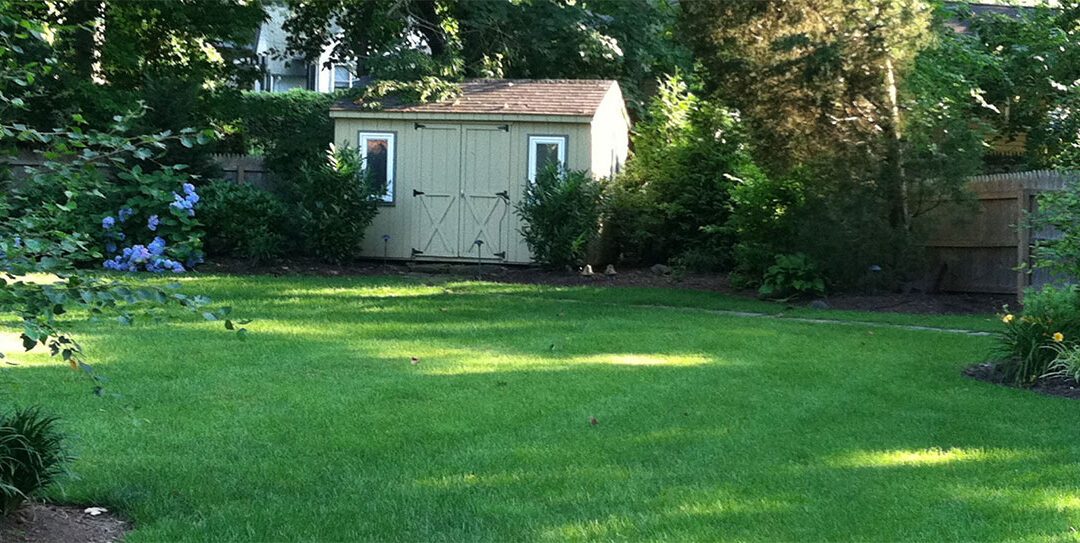Welcome to our guide on essential landscaping tips for New Jersey homeowners. This article will provide valuable insights and advice for maintaining your landscape, considering the region’s climate and unique challenges. Whether a seasoned gardener or a beginner, these tips will help you create and maintain a beautiful, thriving landscape that will envy your neighborhood.
1: Understanding New Jersey’s Climate and Soil:
New Jersey’s climate is characterized by hot summers, cold winters, and moderate rainfall. To ensure the success of your landscaping efforts, it is crucial to choose plants that are well-suited to the region’s climate. Here are some key considerations:
- Selecting Native Plants: Opt for native plants that have adapted to the local conditions and require less maintenance. They are more likely to thrive and withstand New Jersey’s climate.
- Cold Hardiness: Choose cold-hardy plants that can tolerate freezing temperatures. Consider factors such as the USDA Hardiness Zone to determine the suitability of plants for your specific area in New Jersey.
- Soil Testing and Amendment: Conduct a soil test to assess its pH level and nutrient content. Based on the results, amend the soil with organic matter, such as compost or peat moss, to improve its fertility and drainage.
2: Proper Watering and Irrigation Practices: Watering your landscape correctly is essential for health and vitality. Follow these tips to ensure optimal watering:
- Deep Watering: To encourage deep root growth, water your plants deeply and infrequently. This helps plants become more resilient and drought-tolerant.
- Time of Day: Water your landscape early or late in the evening to minimize evaporation. This ensures that the plants can absorb the water effectively.
- Mulching: Apply a layer of organic mulch around plants to retain moisture, suppress weed growth, and regulate soil temperature.
3: Seasonal Maintenance and Pest Control:
To keep your landscape in excellent condition throughout the year, performing regular maintenance tasks and addressing potential pest issues is important. Consider the following tips:
- Pruning and Trimming: Prune shrubs and trees during the appropriate seasons to maintain their shape, promote healthy growth, and remove dead or diseased branches.
- Lawn Care: Implement a regular lawn care routine, including mowing, fertilizing, and aerating, to keep your grass lush and healthy.
- Pest Identification and Management: Familiarize yourself with common pests in New Jersey, such as deer, ticks, and certain insects. Take preventive measures and consider organic pest control options to protect your landscape from damage.
Conclusion: Following these essential landscaping tips ensures that your New Jersey landscape thrives throughout the year. Consider the unique challenges the region’s climate poses, choose suitable plants, implement proper watering practices, and perform regular maintenance. With these tips in mind, you can create a beautiful and resilient landscape that enhances the beauty and value of your home.

